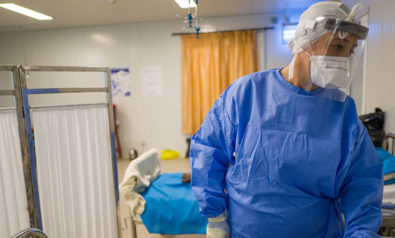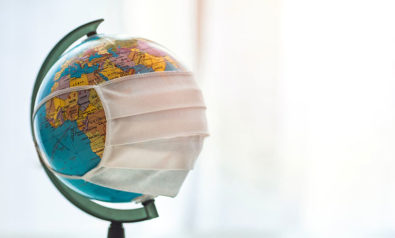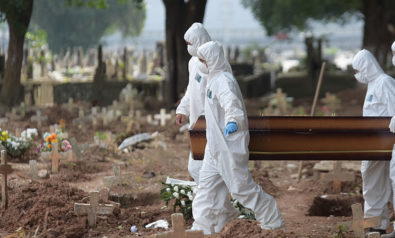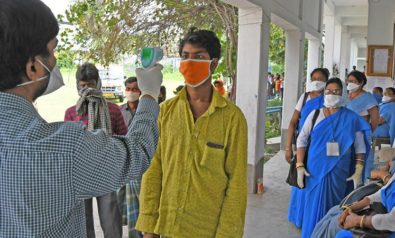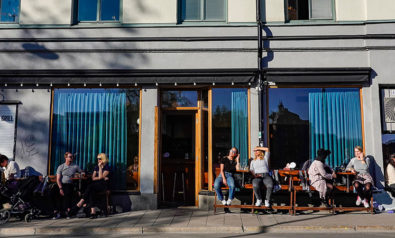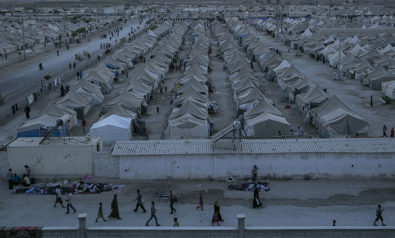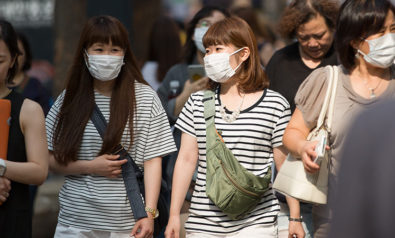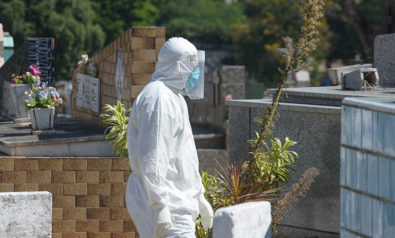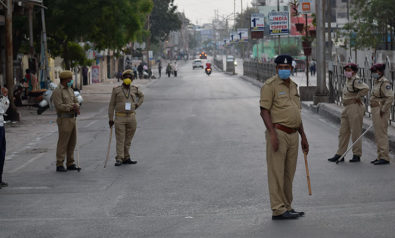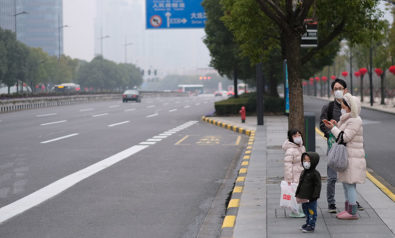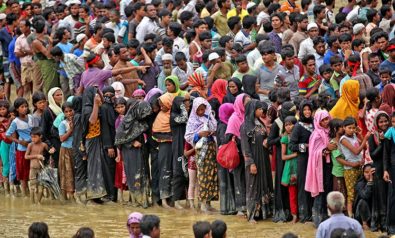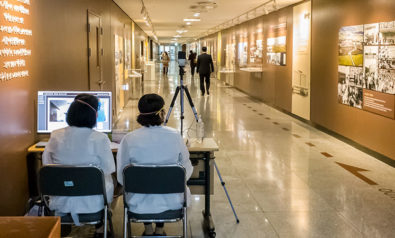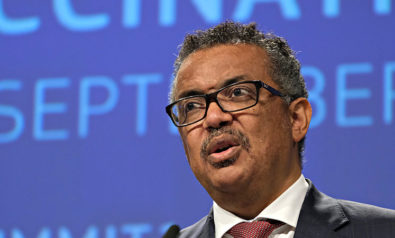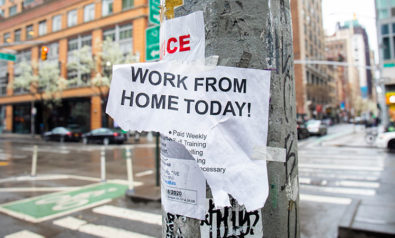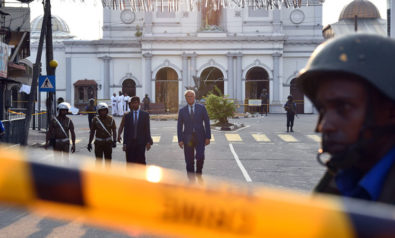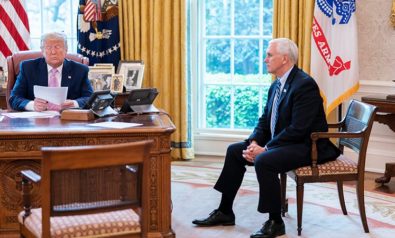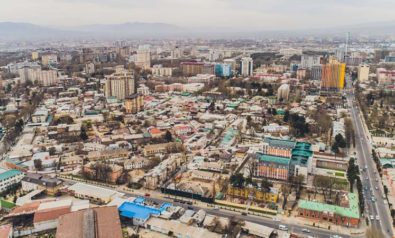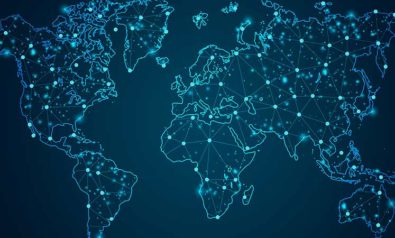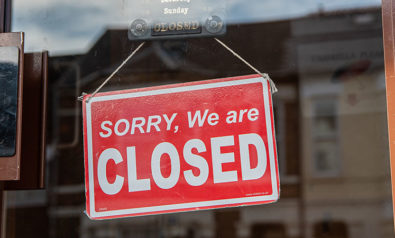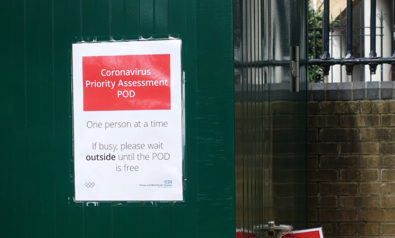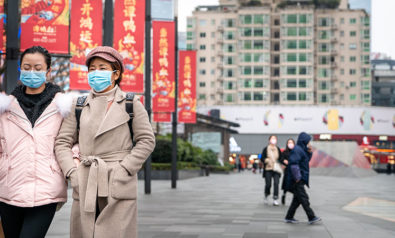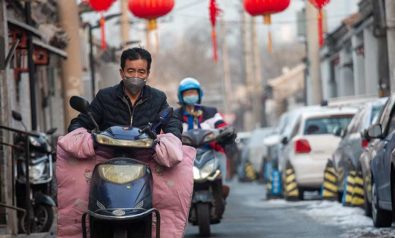As the coronavirus spreads fast in Indonesia, experts believe that the country will become Asia’s new epicenter. President Joko “Jokowi” Widodo has been criticized for not implementing a nationwide lockdown.
Yet such measures would not be a silver bullet to contain COVID-19, the disease caused by the novel coronavirus. Other countries such as South Korea and Taiwan have flattened the curve while keeping businesses and schools open. Indonesia has a lot to learn from these two countries on how to contain the virus without locking down the whole country.
South Korea Shows the Way Forward for Post-Pandemic Recovery
At the time of publishing, there have been over 12,000 confirmed cases of COVID-19 in Indonesia and 870 deaths. Given the lack of widespread testing in a country with a population of 267 million, it is likely that the actual number of cases is far higher than this. According to a study by the University of Indonesia, there could be 1.5 million people infected and 140,000 deaths by the end of May.
Indonesia’s Response to COVID-19
The Indonesian government’s response to the crisis has been lackluster. At the beginning of the outbreak, Health Minister Terawan Agus Putranto famously said that Indonesians are immune to COVID-19 due to their prayers. He also publicly dismissed a report by Harvard researchers that projected infection rates in Indonesia. Similarly, Jokowi deliberately misinformed the public early on to prevent them from panicking.
In the past several weeks, the government has increased its containment measures. Jokowi has established a COVID-19 task force and declared a national emergency. However, experts believe that Indonesia is still behind the curve.
Tedros Adhanom Ghebreyesus, the director-general of the World Health Organization, has also urged Jokowi to scale up Indonesia’s COVID-19 response mechanisms. Others believe that the country must implement a nationwide lockdown instead of only a partial one. But Jokowi maintains that this is off the table as he believes there are economic, social, political and security aspects that must be considered.
Indeed, in countries with limited resources like Indonesia, a total lockdown could have devastating consequences such as mass poverty and social unrest. In some parts of Africa, lockdowns have contributed to a rise in violence and hunger.
Alternatively, Indonesia can learn from South Korea and Taiwan as these two countries have successfully contained the coronavirus without implementing a nationwide lockdown. To date, both countries have gradually removed some of the social distancing measures as the number of new infections goes down.
In South Korea, the infection rate has decreased from more than 900 cases a day to just under 10 cases per day. French President Emmanuel Macron and Swedish Prime Minister Stefan Lofven have both contacted South Korea’s president, Moon Jae In, to seek advice on how to combat the virus.
Similarly, despite its close proximity to China (130 kilometers away), Taiwan has effectively managed the outbreak without drastic restrictions. In 2019, 2.71 million Chinese visitors traveled to Taiwan and, as of January, there were dozens of flights between Wuhan — the Chinese city where COVID-19 first emerged — and Taipei every week. Yet at the time of publishing, Taiwan only has 438 confirmed cases of COVID-19.
Learning From South Korea and Taiwan
There are some key principles that Indonesia can emulate from South Korea and Taiwan’s response to the coronavirus pandemic.
First, Indonesia must commit to open and transparent communication. Officials in both South Korea and Taiwan hold daily media briefings to provide the public with timely, accurate and simple updates about the outbreak. Open and transparent communication can increase public engagement, prevent misinformation and stop people from panicking. As South Korea’s Vice Health Minister Kim Gang-Lip suggested, “public participation must be secured through openness and transparency.”
Second, Indonesia should incorporate advanced technology into its containment efforts. In South Korea, the government deployed a smartphone app to track the movements of those who have been ordered to self-quarantine. Additionally, travelers from China are required to download a self-diagnosis app to report their health conditions to the government.
In Taiwan, the government uses an “electronic fence” that utilizes mobile phone signals to track people who are ordered to self-isolate. To ensure compliance, officials receive an alert when cellphones are turned off for more than 15 minutes. The government also integrated databases owned by the National Health Insurance Administration, National Immigration Agency and the Customs Administration to monitor people’s travel and medical history. As more than 70% of Indonesians have access to the internet through mobile phones, the use of advanced technology can significantly improve the government’s containment measures.
Finally, Indonesia must improve its testing capacity. The country has one of the lowest testing rates in the world at 444 tests per 1 million people, compared with 12,488 in South Korea and 2,727 in Taiwan. Although Jokowi has repeatedly called for more testing, it remains to be seen whether or not Indonesia can boost its capacity. Widespread testing would provide reliable data to inform decision-making and enable the government to identify infection hotspots.
For Indonesia, a total lockdown could indeed have cataclysmic social and economic consequences. The country surely needs an alternative approach. Open and transparent communication with the public, combined with widespread testing and the use of advanced technology similar to what South Korea and Taiwan have demonstrated, can help Indonesia manage the pandemic.
The views expressed in this article are the author’s own and do not necessarily reflect Fair Observer’s editorial policy.
Support Fair Observer
We rely on your support for our independence, diversity and quality.
For more than 10 years, Fair Observer has been free, fair and independent. No billionaire owns us, no advertisers control us. We are a reader-supported nonprofit. Unlike many other publications, we keep our content free for readers regardless of where they live or whether they can afford to pay. We have no paywalls and no ads.
In the post-truth era of fake news, echo chambers and filter bubbles, we publish a plurality of perspectives from around the world. Anyone can publish with us, but everyone goes through a rigorous editorial process. So, you get fact-checked, well-reasoned content instead of noise.
We publish 2,500+ voices from 90+ countries. We also conduct education and training programs
on subjects ranging from digital media and journalism to writing and critical thinking. This
doesn’t come cheap. Servers, editors, trainers and web developers cost
money.
Please consider supporting us on a regular basis as a recurring donor or a
sustaining member.
Will you support FO’s journalism?
We rely on your support for our independence, diversity and quality.



